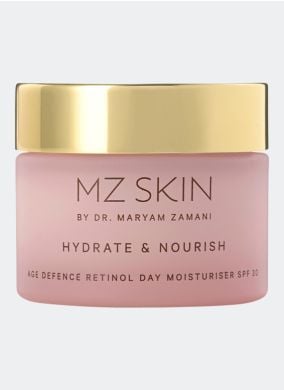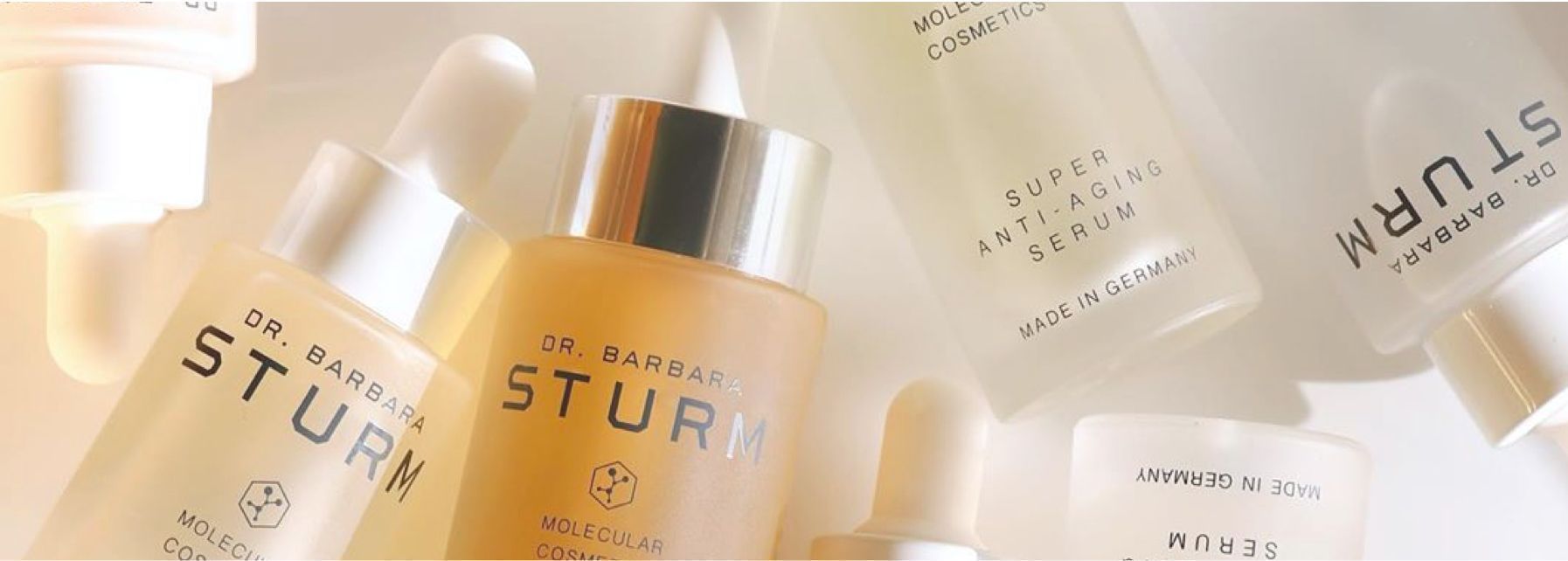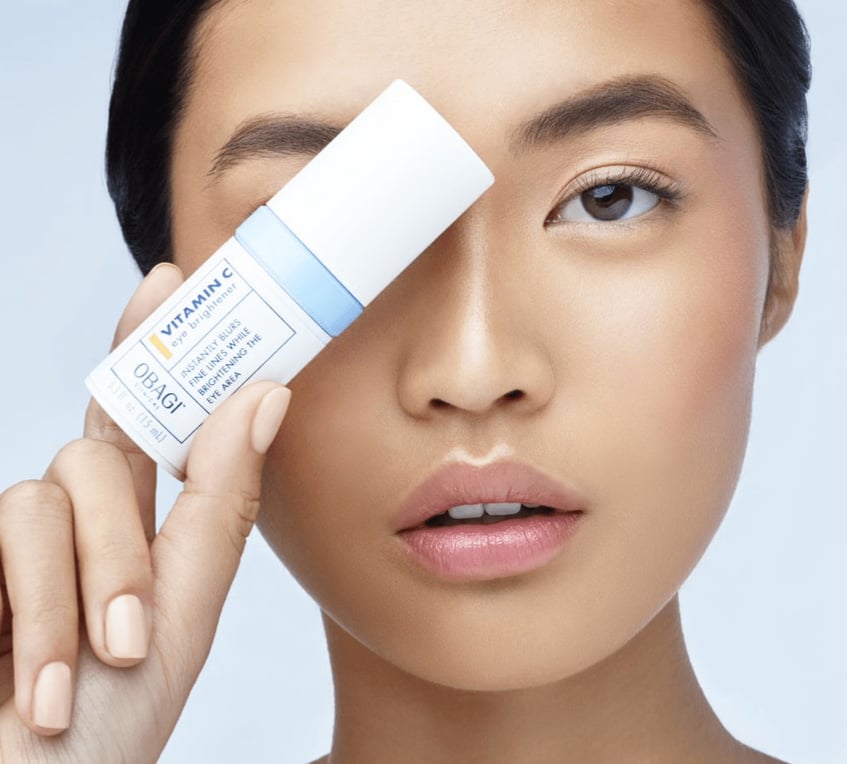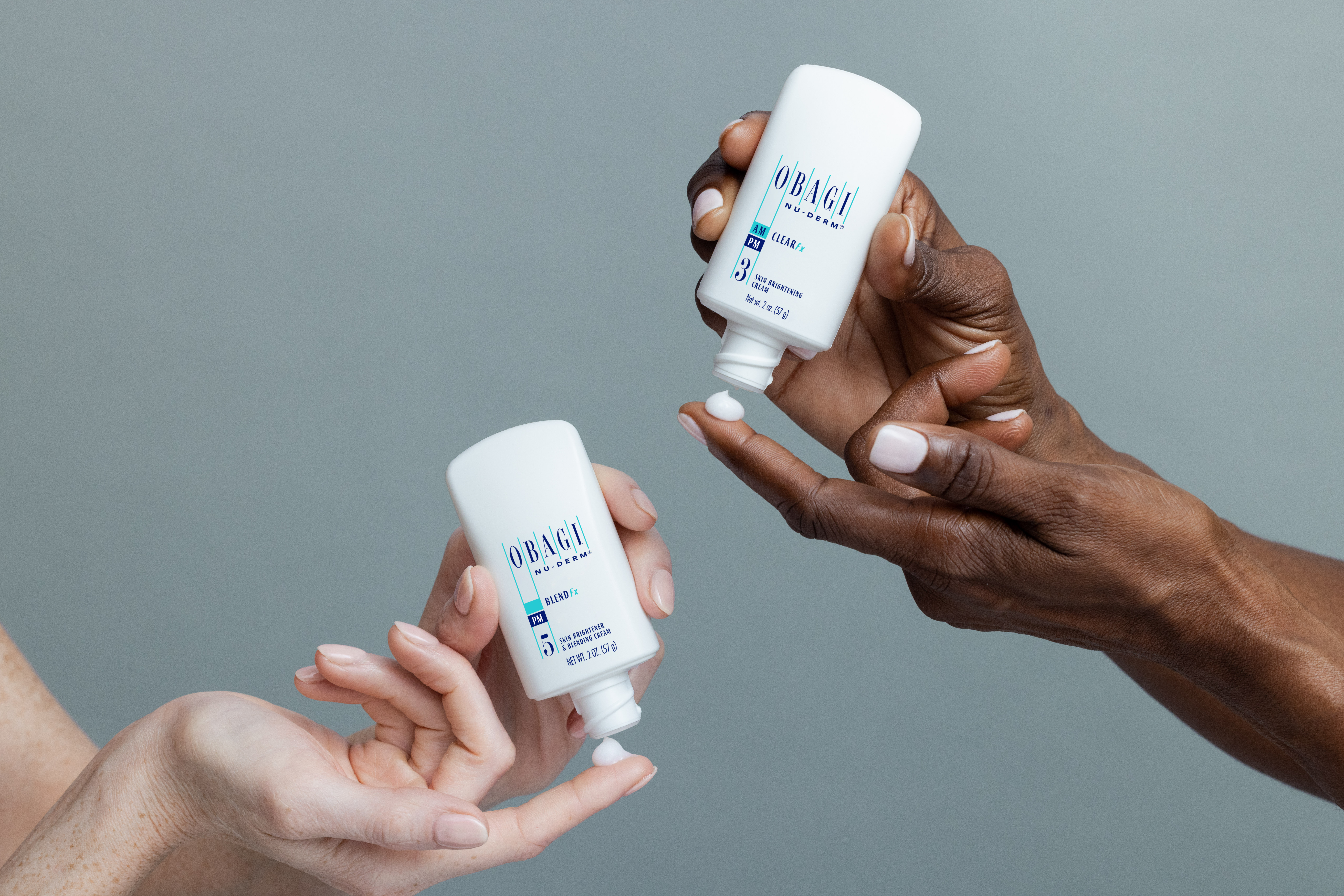SPF 50 gives you the highest level of protection, but when it comes to which factor you should use, that partly depends on your age, lifestyle, location, season and where on the body you’re applying it. For example, during the hotter months where you’re outside more or when you’re in a hot country, consider an SPF50 sunscreen for maximum protection.
Whereas in the depth of winter or at times when you’re mainly staying indoors, SPF30 will be suitable and can be worn all year round. You may wonder why wear it at all, but UV rays can penetrate thick cloud and windows, so don’t be tempted to skip it.
The right sun protection factor may also depend on your skin type, so if you have a lot of moles or very pale skin that easily burns, consider the maximum protection provided by SPF50. Some people also prefer SPF50 for use on the areas that age first like face, neck and décolletage while they might apply SPF30 to the rest of the body.
Age is another factor because skin becomes more sensitive, thinner, and fragile as we grow older, so SPF50 might be more suitable. And as mentioned previously, the types of skincare products you use should be a consideration because you might need to up your SPF.
Obagi® have a great range of broad spectrum SPF50 sunscreens. Prefer to have a matte complexion? Opt for Obagi® Matte Sunshield SPF 50 or if you like a tinted sunshield, choose between Obagi® Tinted Sunshield SPF 50 Cool or Obagi® Tinted Sunshield SPF 50 Warm.












